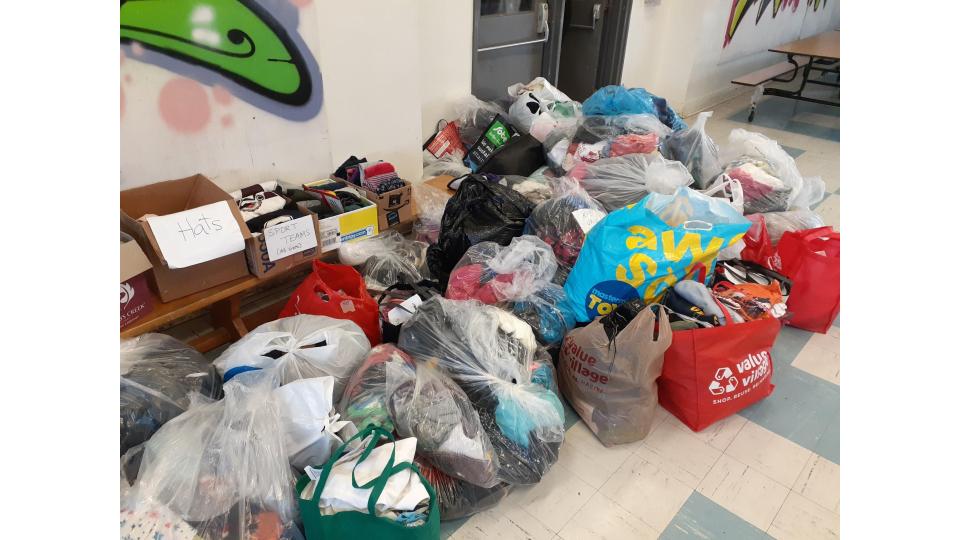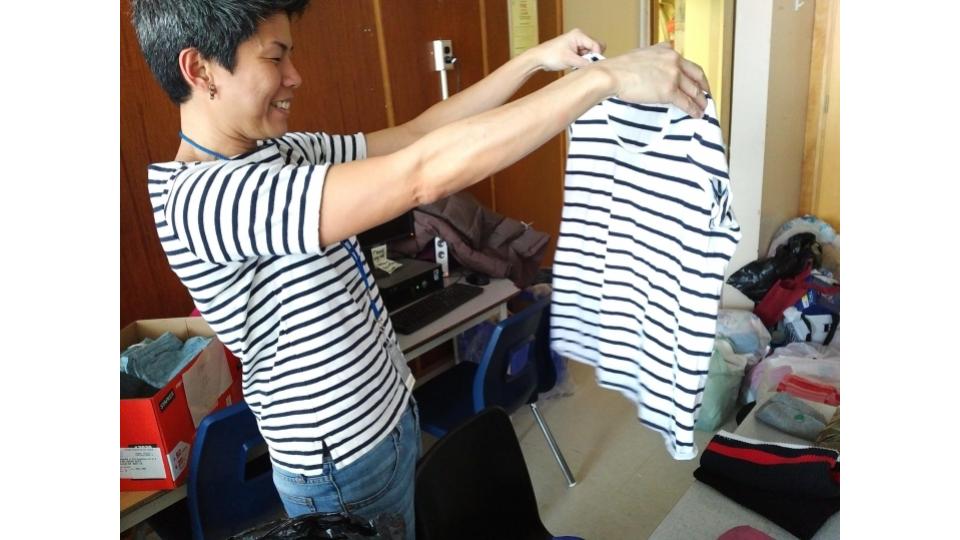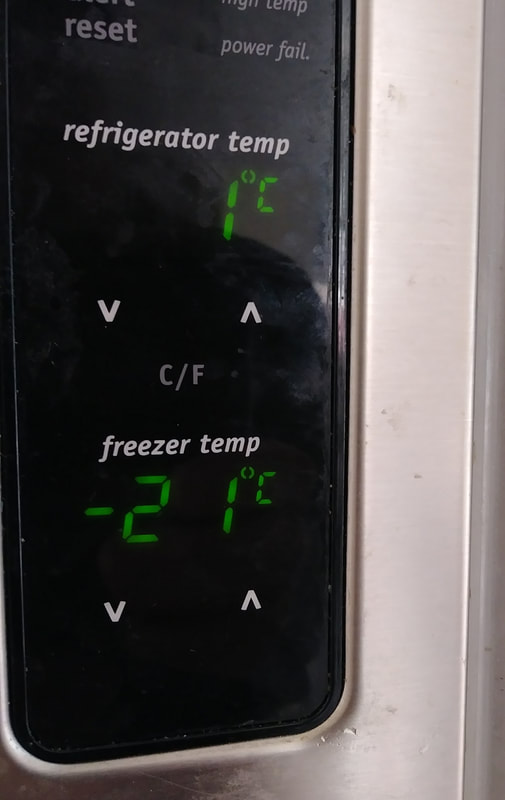|
Second-hand clothes come with their own history, stories, smells, and sometimes...bugs! Lice like fastidiousness, bedbugs can be ubiquitous, moths are voracious, and fleas are rambunctious. This is not a moral judgement of people's cleanliness 'cause doing that is icky; it's more like physics - things that you can't deny and just have to deal with :-) So how to reap all the benefits of keeping clothes in circulation without also keeping the bugs in circulation? If you are running a swap, requesting that all clothes come clean, bagged, and labelled is a start. But what if you're on the yay! bringing-clothes-home end? A couple of handy guidelines: First, make no assumptions. Let's not be prejudiced with our clothes. Assume all second-hand clothes have teeny hitchhikers. Second: Quarantine. What? We all know how to do that now and how effective it is. Whatever bag your recent-to-you clothes come in, it's a good idea to keep it separate from other clothes until you can do laundry. Walk your haul straight to the washer if you have one, or keep them by the front door if you don't. Obviously the dreaded plastic bag is good for this, as it can be tied closed and is a complete barrier. Paper bags can be folded over and tied or elastic banded. If you really want to use cloth bags, tie them tight and make sure they are washable on hot. Do. Not. Put. Second-Hand. Clothes. In. Your. Dirty. Laundry. Pile! Bedbugs will say thanks! and moooove right in ;-) Third: Wash. I try to only buy or swap second-hand that can be washed in hot water. 60C kills everything, but it's really the dryer (on hot!) that kills things like bedbugs. Heat (and slightly higher electricity bills) are your friend here. Save the eco-friendly cold water wash and line dry for after. Last: If you fall in love with a woolly sweater, a sweet suit jacket, or find yourself with things that can't be washed (like shoes) the freezer is your friend. If you've got one of those mini-fridge freezers you might have to eat all your icecream first (oh nooooo), but it should do in a pinch (it will probably be cold enough for moth larvae, but probably not for bedbugs, sadly - you might have to borrow a friend's big fridge or chest freezer). For moths: Freezing infested woollens can work to kill clothes moths if there is an abrupt change from warm (70° F; 21° C) to freezing (0F; - 18° C). Leave the items for at least 72 hours once the material reaches - 18° C. For bedbugs: Putting infested items in a freezer can kill bed bugs if some particular conditions are met. Freezing causes ice to form inside the bed bug, causing injury or death. Freezing bed bugs is easy to do. All it requires is:
For more details here's a helpful link: www.bedbugs.umn.edu/bed-bug-control-in-residences/freezing Fleas and lice are more susceptible to cold. The same treatment definitely works for them as well. Honestly, I often bag things, put them in the freezer, and forget about them. When I I come across them later, it's like finding money in your pocket - always fun! Over the past twenty years, my family has: moved into a house only to discover it had bedbugs, fought off a lice cycle (or two...or three) in the kids, and, when my studio in was in our basement I mis-stored some fabric only to find that a mouse family had moved in after. Cute but sad. Once was enough for each of those (especially the bedbugs!) I hope this helps eveyone go forth with confidence! It's so important to keep clothes in circulation for as long as they have life. Getting into these habits makes the experience so much more comfortable for everyone involved (except the beasties, I guess ;-) Happy Swapping! |
about us
art experiments turning waste into beauty Archives
February 2024
Categories
All
|




 RSS Feed
RSS Feed
